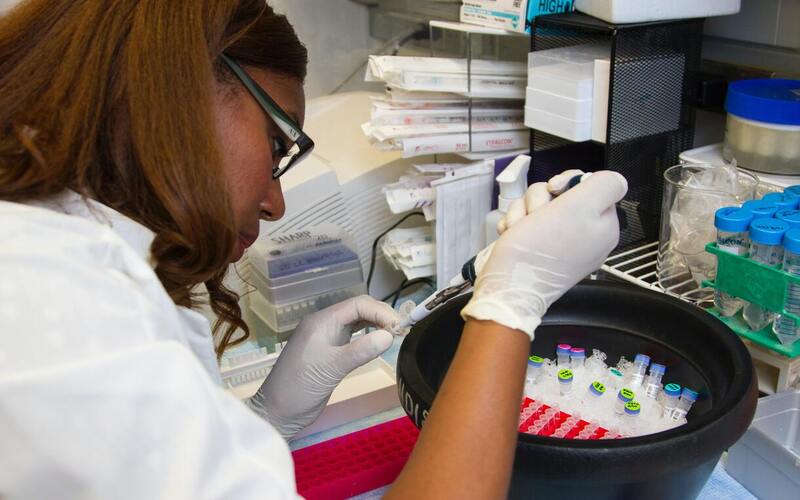Compounds found in cannabis prevented the novel coronavirus, the virus that causes COVID-19, from penetrating healthy human cells. The findings were published in the Journal of Nature Products.
Cannabigerolic acid (CBGA) and cannabidiolic acid (CBDA), two compounds commonly found in cannabis, have potential to fight the virus that causes COVID-19. During a chemical screening, researchers from Oregon State University bound spike proteins found on the virus and blocked a step the pathogen uses to infect people.
The research was conducted in a laboratory setting and did not involve human trials. The compounds effectively combat the SARS-CoV-2 alpha variant and the beta variant.
“Orally bioavailable and with a long history of safe human use, these cannabinoids, isolated or in hemp extracts, have the potential to prevent as well as treat infection by SARS-CoV-2,” the study’s authors said.
Cannabis, also known as hemp, is used in a variety of products ranging from food to fiber to fuel. Its versatility extends into healthcare.
It’s currently being researched as a potential treatment for Alzheimer’s disease, appetite loss, Crohn’s disease, cancer, and many other illnesses.
This is not the first research to have linked cannabinoids as a potential treatment for the novel coronavirus.
Eybna Technologies CEO Nadav Eyal published research last year detailing the effectiveness of a cannabis terpene formulation, NT-VRL, in treating or preventing infection from the disease that causes COVID-19.
“We came up with a formulation containing 30 different terpenes,” Eyal said. “The NFT-VRL formulation blocked the penetration of the coronavirus to the cells.”
Terpenes are hydrocarbons found in the essential oils of plants such as cannabis. They are responsible for each plant’s unique smell and taste. Eyal’s research has linked these compounds to therapeutic effects as well.
“We were able to show that terpenes by themself are not just smell and taste, but they are actually effective and have their own medical value. So this was important for the conversation of how we can basically take the cannabis plant and make it into a real medicine,” said Eyal.
Eybna’s research is now undergoing human trials. To hear more about this discovery, listen to Eyal’s interview on Episode 71 of Cannabis Tech Talks or read his profile in the winter issue of Cannabis & Tech Today.
Author
-

Patricia Miller is an executive editor at Innovative Properties Worldwide. She explores science, technology, and policy shaping the legal cannabis sector. Follow her work when you subscribe to Cannabis & Tech Today at cannatechtoday.com/subscribe/ or visit her website https://patriciamiller.squarespace.com/.









